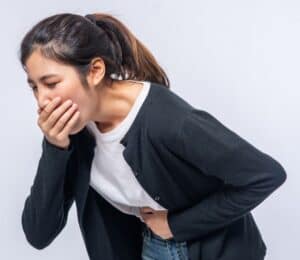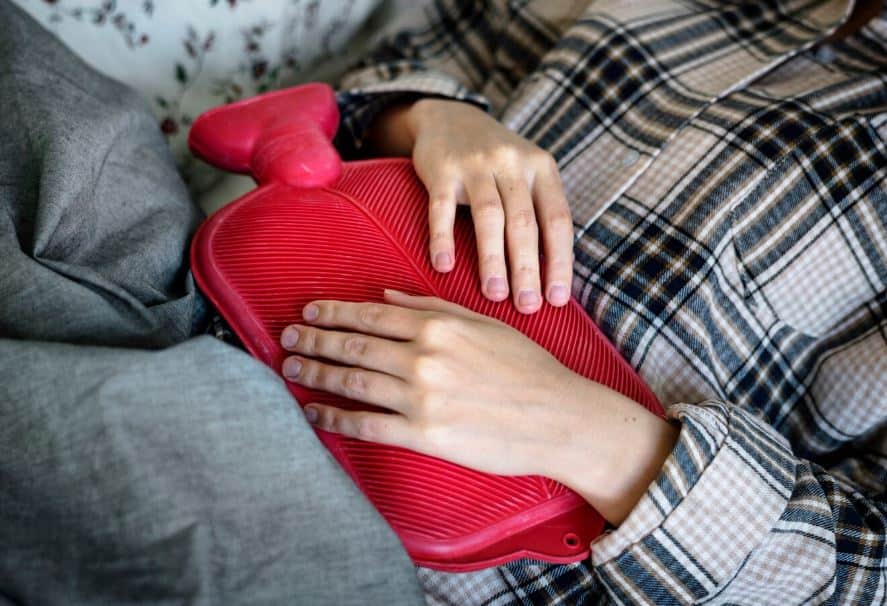Understanding Period Pain: What You Should Know
Period pain is a common issue affecting many women and girls(After onset of puberty)-yet it’s often misunderstood, dismissed, or poorly managed.
Here’s what you need to know about: Why it happens, what symptoms to look out for, and how to manage it effectively.
What Causes Period Pain?
For a long time, period pain was wrongly believed to be “All in the mind”. But we now know that there’s a real, physical cause.
The cramping type of period pain, known commonly as “Menstrual Cramps” and medically as “Primary Dysmenorrhoea”, occurs when the body produces prostaglandins- natural chemicals made by the uterus lining (endometrium). These prostaglandins trigger the muscles of the uterus to contract, helping the body shed its lining during menstruation.
However, high levels of prostaglandins can cause intense cramps, back pain, nausea, or even diarrhoea.
Signs and Symptoms
You may experience:
- Cramping or dragging pain in the lower abdomen or back.
- Pain starts 2 to 12 hours before menstruation, peaking in the first 24 hours.
- Nausea or vomiting.
 Headaches
Headaches- Occasional shakiness or fatigue.
Period pain usually starts during the teenage years and often subsides gradually with increasing age or after childbirth.
When to See a doctor
While period pain is common, “Secondary Dysmenorrhea”-is a severe or long-lasting pain attributable to an underlying medical condition such as:
- Endometriosis
- Fibroids
- Pelvic infections
“Secondary Dysmenorrhea” is more common in women aged over 25. If your period pain begins later in life, worsens over time, or disrupts your daily routine, it’s important to consult a doctor or gynaecologist. You should also seek medical advice if you experience pain during sex, while passing stools, or if your flow suddenly becomes unusually heavy.
Self-Care and Pain Relief
Self-Management Tips:
- Heat therapy: Use a hot water bottle on your lower back or tummy.
- Exercise: Lie on your side with your knees drawn to your chest.
- Massage: Massage your lower back and buttocks.
- Hydration and diet: Reduce salty, sugary, and caffeinated foods during menstruation.
- Herbal teas: Drinking Chamomile, ginger, or peppermint tea may ease discomfort.
- Practise relaxation techniques or breathing exercises.
Healthy Habits:
- Stay active with gentle exercises like walking, swimming, or cycling at lower intensity.
- Perform pelvic floor exercises to strengthen core muscles.
- Eat more fibre-rich food and drink plenty of water to prevent abdominal bloating and constipation.
- Track your menstrual cycle to be better prepared.
Avoid :❌
- Smoking
- Excessive alcohol consumption.
- Scheduling stressful events around your period.
Medical Help:
If over-the-counter pain relievers aren’t helping, your pharmacist or doctor may recommend:
💊 Medications which relieve pain and/or inflammation such as:
Nurofen 200mg Tablets,
Pacofen Tablets
Panadol Actifast Tablets
Panadol Extra with Optizorb Tablets
Panadol Regular with Optizorb Tablets
Uphamol 500mg Tablets
Bifen 100mg/5ml Suspension
Dhamol 250mg/5ml Suspension
-Medication which helps to relax and promote better sleep during painful days:Neupassit Syrup
-Hormonal treatments (e.g. the pill)
-Further investigation if symptoms persist
Suffering from other common Ailments? Visit DR.KART!!
Feeling under the weather in the middle of the night? Need a late-night doctor?
Don’t be stressed out, your stress STOPS here at DR.KART, an innovative healthcare service provider which offers 24/7 vending machine consultation service for a host of common ailments and dispenses medicines immediately on-the-spot. Find us @ Shell Station, 9 Tampines Avenue 2, Singapore 529731




